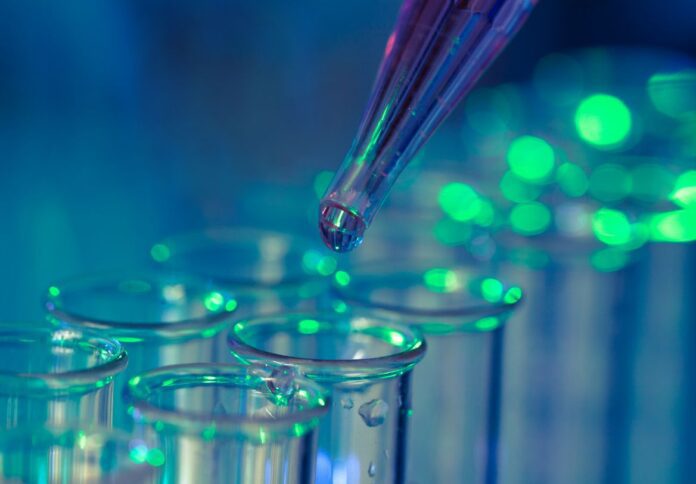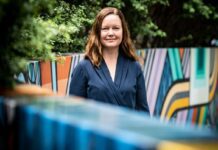
A University of Adelaide professor has received an Australian Research Council (ARC) grant that will back the development of more environmentally friendly catalysts for industrial use to reduce hazardous waste in Australia’s manufacturing industry.
Professor Shaobin Wang from the University of Adelaide’s School of Chemical Engineering has been named one of the ARC’s 2023 Australian Laureate Fellows.
“I’m very honoured to receive this funding to allow me to carry out my important research into green catalysts,” Wang said.
The catalysts are substances capable of accelerating chemical reactions and are incredibly crucial in industrial processes. The substances often require the use of toxic and rare metals.
“Through my research, I’m hoping to improve knowledge of chemical reactions and use this to develop metal-free catalysts to fast track the adoption of green technologies by Australia’s manufacturing industries,” the professor said.
Wang is one of 17 new Australian Laureate Fellows who will share a $53.9 million ARC funding over five years.
“Professor Wang’s research into using nonmetals for green catalysis highlights the exceptional, transformative work that’s happening at the University of Adelaide,” said Acting Deputy Vice-Chancellor for Research Professor Laura Parry.
“As one of Australia’s most research-intensive institutions, our highly talented experts are leading the way in the search for more sustainable solutions to global challenges. This is just one example of how we’re helping to create a better future for generations to come.”
Wang joins three other University of Adelaide ARC Industry Laureate Fellows awarded in early 2023, which include Associate Professor Phil Cassey who received more than $3.7 million for the development of new tools to combat wildlife crime.
Professor Heike Ebendorff-Heidepriem was granted more than $3.3 million to manufacture fluoride glass optical fibres for faster internet speed.
Meanwhile, Professor Shizhang Qiao received $3.5 million to design new sodium-based batteries to store renewable energy.



















